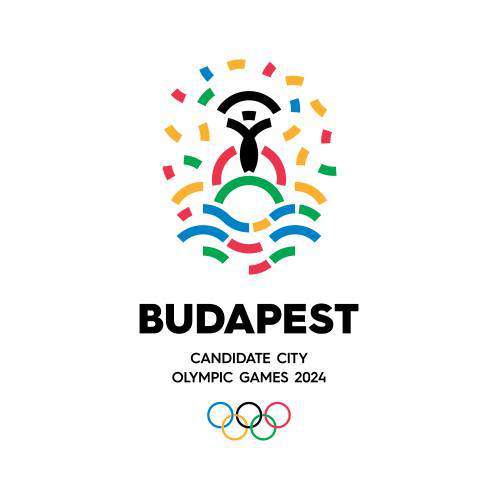Budapest2024: How much would the Olympic Games cost?

Change language:
According to napi.hu, the organiser countries have all been swept away by the expenses without exception. This is especially a problem for smaller countries, because a mega project like the Olympic Games could drift them into serious crisis.
Oxford economists occupied with big investments analysed how much countries exceed the previously planned expenses. It turned out that the costs slipped away at all summer and winter Games since 1960; however, it’s always been much more serious in the case of Summer Olympic Games.
The most basic trick that decision makers use to convince electors that it’s worth organising an Olympic Games is that they divide the expenses into three categories but only talk about one. The first category includes investments that would be realised until the Games anyway. The second category includes investments that are planned to be realised in the future, they just have to be brought forward. And the third category is the cost of the organisation of the 2×2 weeks itself, which is infinitesimal compared to the other two.
Experiences show that the usual way of carrying Olympic programmes forward is listing all exorbitant costs in the second category, but looking at the Games between 2004 and 2014, the event cost around 8.9 billion dollars on average, not counting the infrastructural expenses. Hungary is currently planning on solving this from 774 billion, which is less than the third of the average cost.

The Olympic Games would cost 165 thousand forints (approx. 528 euros) for all Hungarians, which is 660 thousand forints for a family of four. The bid itself cost 10 billion. Even though the new Agenda 2020 condition system would cut the expenses, the planning of so little (third or fourth) cost is probably inaccurate. However, we should keep in mind that the average cost was increased by the last two Games: the admittedly huge cost of the London Olympic Games and the Winter Olympic Games in Sochi that cost 22 billion dollars. But the average cost of the Summer Olympic Games since 1960 is still 5.2 billion dollars, which is twice as much as our plans.





